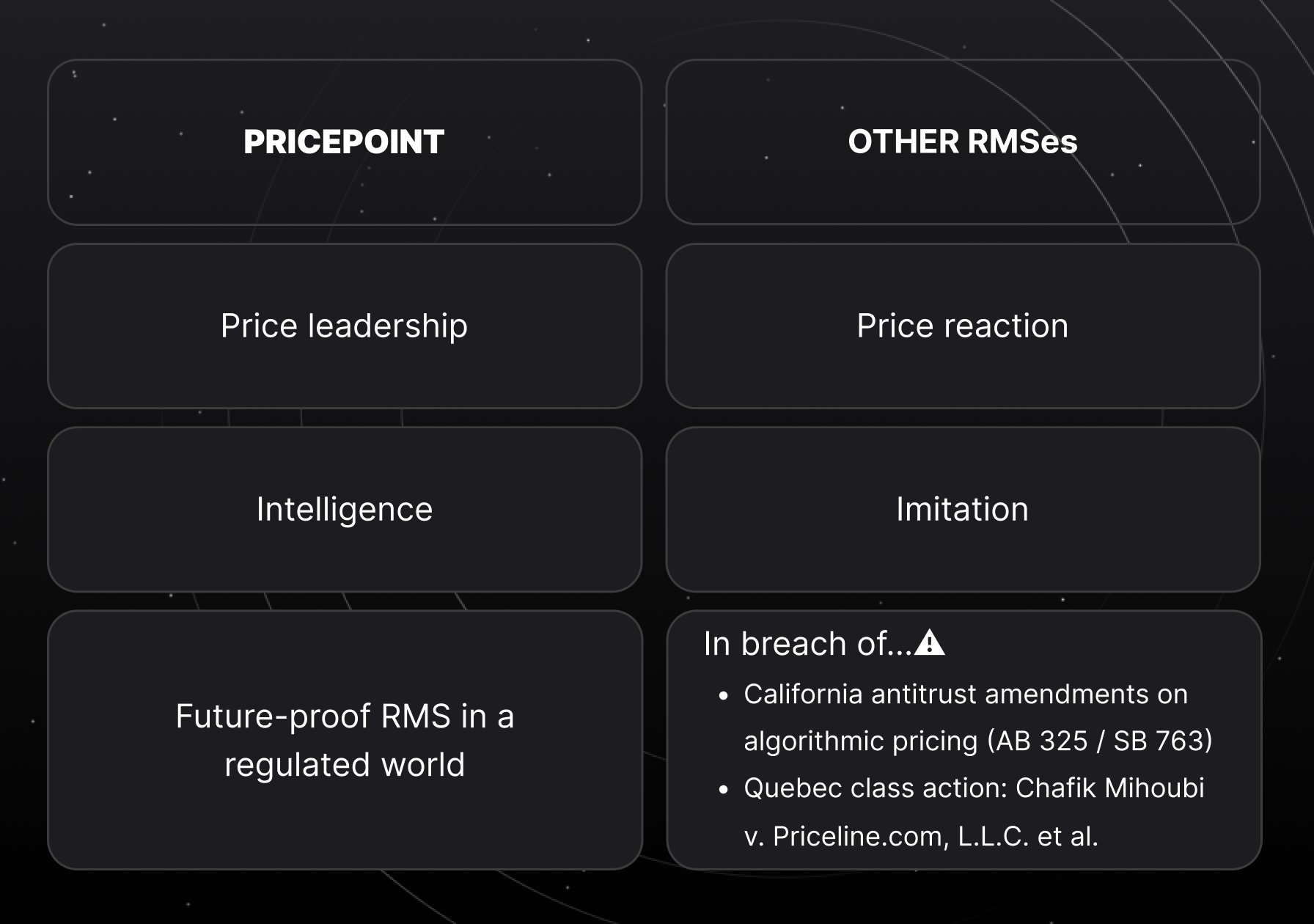What is revenue management and how does it work?

What Is Hotel Revenue Management? Strategy, Benefits & Yield vs Revenue
There’s no way around it—if you want profitability in hospitality, you need a revenue management strategy. The good news? It’s not as complicated as it sounds. Let’s break it down simply.
What Is Revenue Management?
Revenue management is the strategy of predicting future demand and customer behavior using historical data and real-time market insights. Hoteliers then optimize rates to maximize profits.
📌 The concept originated in the airline industry, when American Airlines began adjusting prices to market conditions. By the late 1980s, Marriott brought the same approach to hotels—and revenue management has been a cornerstone of the industry ever since.
How Does Revenue Management Work?
At its core, revenue management is about forecasting demand and adjusting rates accordingly.
To forecast accurately, revenue managers need:
- Historical hotel data (past bookings, seasonality trends)
- Real-time data (new reservations, cancellations, competitor moves, weather, travel restrictions)
- Market insights (events, flight demand, booking pace)
👉 Before COVID-19, historical data was the backbone of forecasting. But the pandemic proved how unreliable past numbers can be. Now, real-time data is essential.
Modern revenue management systems (RMS) use artificial intelligence to scan data 24/7 and recommend optimized prices—removing guesswork and saving hoteliers hours each week.
Why Is Revenue Management Important?
For hotel owners and managers, the benefits are clear:
- Maximize inventory value → Sell the right room at the right price.
- Control operational costs → Optimize scheduling, cleaning, and resources.
- Make data-driven decisions → No more guessing; act on insights.
In short, revenue management ensures profitability, efficiency, and competitiveness.
Yield Management vs Revenue Management
These terms are often used interchangeably, but they are not identical.
- Yield Management → Narrow focus on maximizing revenue from room inventory only. Example: Raising rates during peak demand, lowering them in low season.
- Revenue Management → A broader strategy applied across all departments—rooms, F&B, spa, and other services.
📌 Think of yield management as a subset of revenue management. Yield maximizes room revenue, while revenue management optimizes the entire business.
Conclusion
Revenue management isn’t just an optional add-on—it’s a must-have strategy for any hotel that wants to thrive. While yield management focuses on rooms alone, revenue management ensures profitability across all hotel departments.
The bottom line? Hotels that implement revenue management strategies outperform those that don’t.





